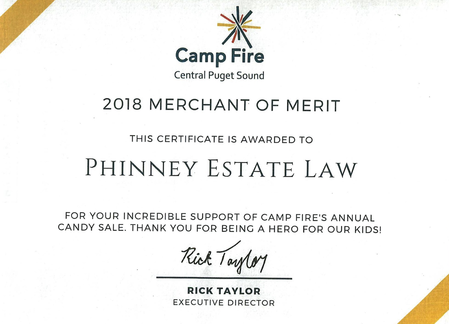The job would be 30 hours a week and after an initial 6-week training period, would offer flexible hours with the ability to work at least half-time remotely. Anticipated pay would be $22/hour. We are not able to offer health benefits for this position. Experience in a legal office or paralegal training is a plus but not required.
We are looking for a compassionate listener and clear communicator who can help clients experiencing grief navigate the steps they need to take to work through the probate process. A willingness to learn new things, attention to detail, and strong organizational skills are a high priority. Strong writing skills are also key. The job also requires someone who is a self-starter and good at time management and prioritization.
Our office works with Microsoft Word and Excel, Asana project management software, Zoom, and Dropbox. Experience with these programs and/or a general overall comfort with technology is important for the job.
Please send resumés and contact information to Jamie Clausen at [email protected]. For more information, please call our office at (206) 459-1908.







 RSS Feed
RSS Feed